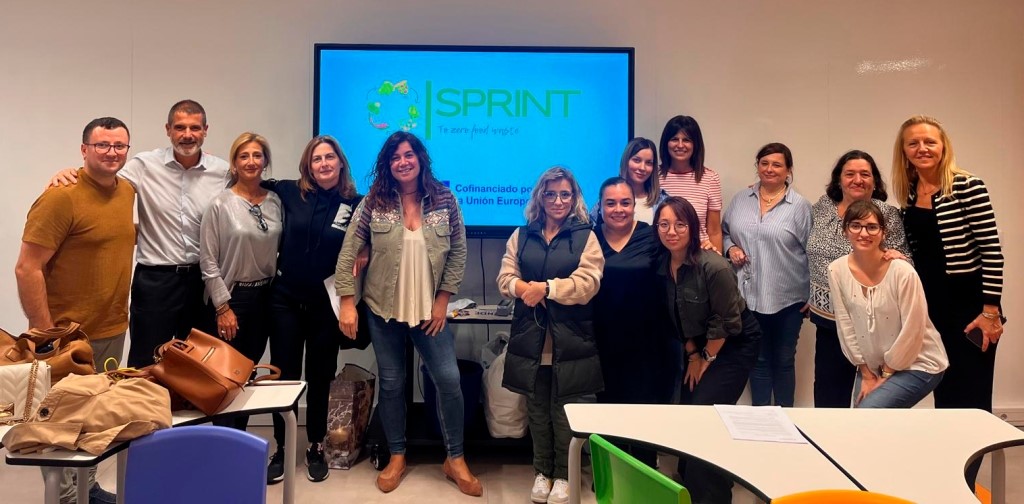
The SPRINT project partners close 2024 with significant progress in the implementation of the initiative
The year 2024 has been marked by important moments for the development of the SPRINT project, an innovative initiative supported by the Single Market Program of the European Union, whose main objective is to reduce food waste by consumers through evidence-based strategies. The following is a brief overview of the project's most important developments and milestones during the year 2024.
Holding of theKick-off meeting)
Holding of theKick-off meetingTook place last July, bringing together all the participating partners: Innovasturias, ASINCAR, CREDA, ABAMOBILE, CIS Robotics, MasyMas and ARTIEM. This meeting marked the official start of the activities and provided the opportunity for each institution to present their organisation, highlighting their strengths and capabilities, as well as the role they will play in the development of the various stages of work. These initial interventions allowed for the establishment of a shared vision and the alignment of expectations among the partners, laying the groundwork for effective collaboration.
In addition, important operational and strategic agreements were reached during the meeting to ensure the smooth running of the initiative. Communication channels, management tools to be used and key deadlines for the next phases were defined. This joint effort reinforces the commitment of all parties to the objectives of the project, ensuring a coordinated execution aligned with the values of innovation and sustainability that characterise this project.
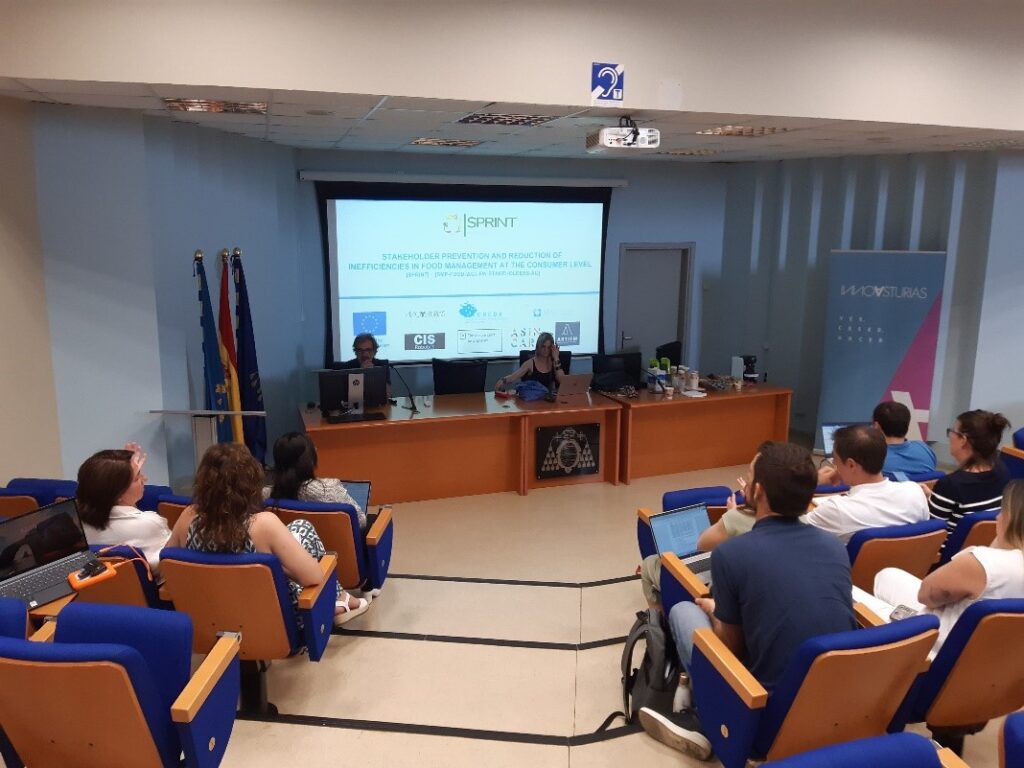
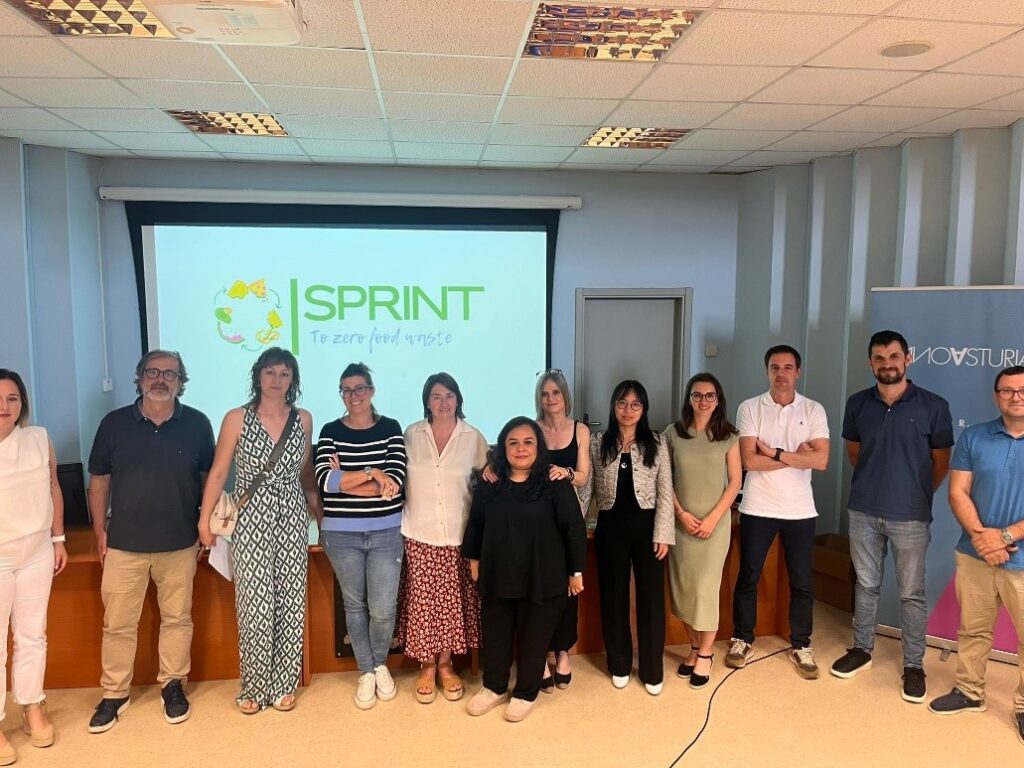
Diagnosis of the current situation regarding food waste in households
Led by CREDA, an exhaustive diagnosis of the current situation of food waste in Spanish households was carried out in the second half of 2025. This study was based on a dual methodological strategy: the review of secondary information and the collection of primary data. The desk review covered previous research on food waste in households, hotels and supermarkets, with a special emphasis on identifying the main causes behind this phenomenon and the most promising solutions applied locally and internationally. This approach allowed contextualising the problem and establishing a solid frame of reference for the analysis.
In parallel, an online questionnaire was designed and administered to a representative sample of 2,000 households in Spain, exploring in depth their habits, attitudes and behaviours related to food waste. The data obtained provides a comprehensive picture of everyday practices, from shopping planning to leftovers management, revealing key patterns and opportunities for intervention. The results of this study will be published soon and will serve as a valuable tool for designing effective strategies to reduce food waste and promote more responsible consumption at household level.
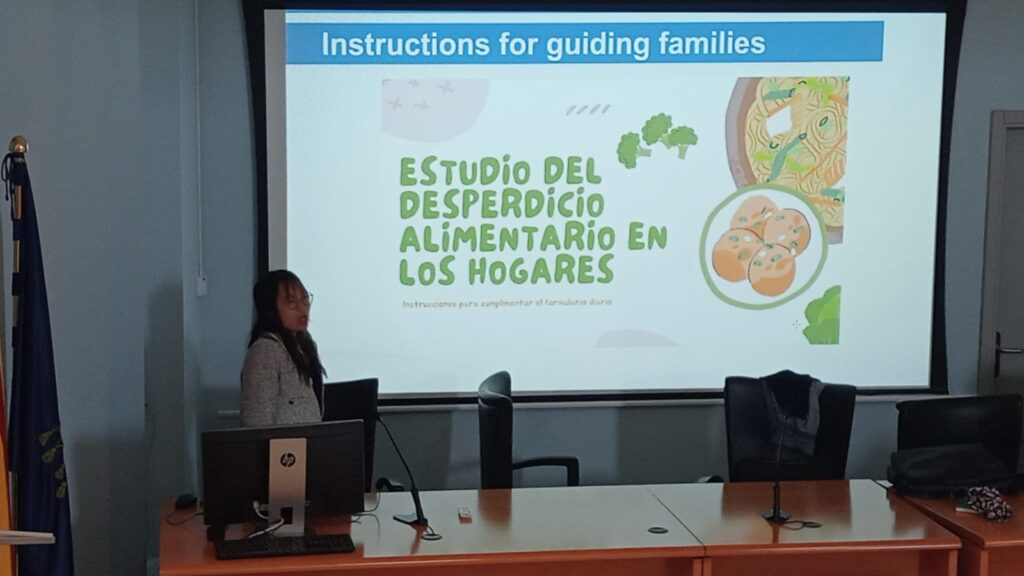
Co-creation with Asturian families to reduce food waste in the framework of the SPRINT Project during the month of October
In October, Asturias became the scene of important advances in the fight against food waste through co-creation actions promoted by the European SPRINT project. During this month, participatory meetings were held with Asturian families, designed to identify the causes of waste in households and propose practical solutions to effectively reduce it.
These sessions, organised in collaboration with local stakeholders, brought together families to explore in depth the challenges and opportunities associated with responsible food consumption. Participants reflected on key factors that encourage waste and worked together to design strategies tailored to their daily needs and contexts.
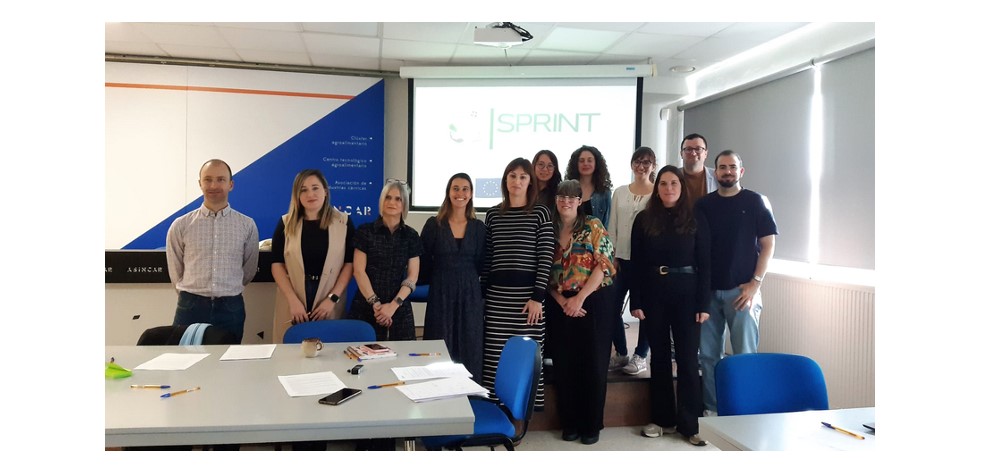
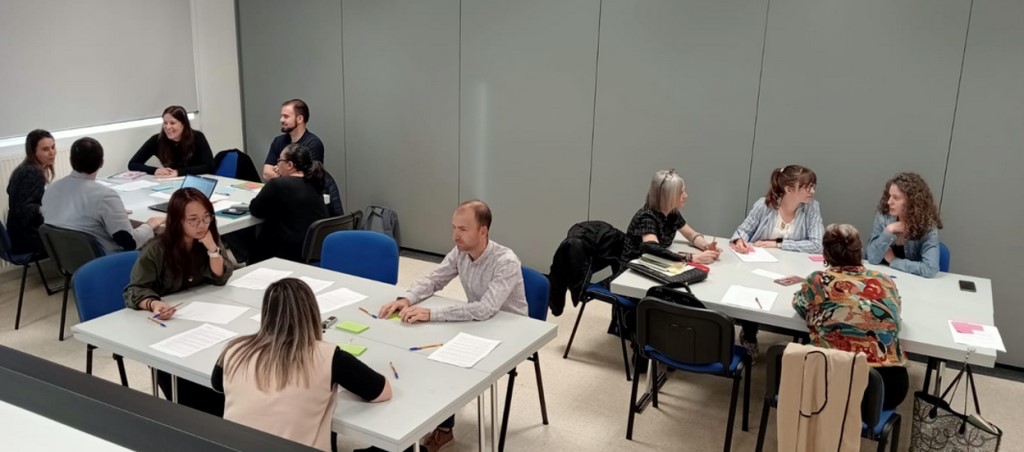

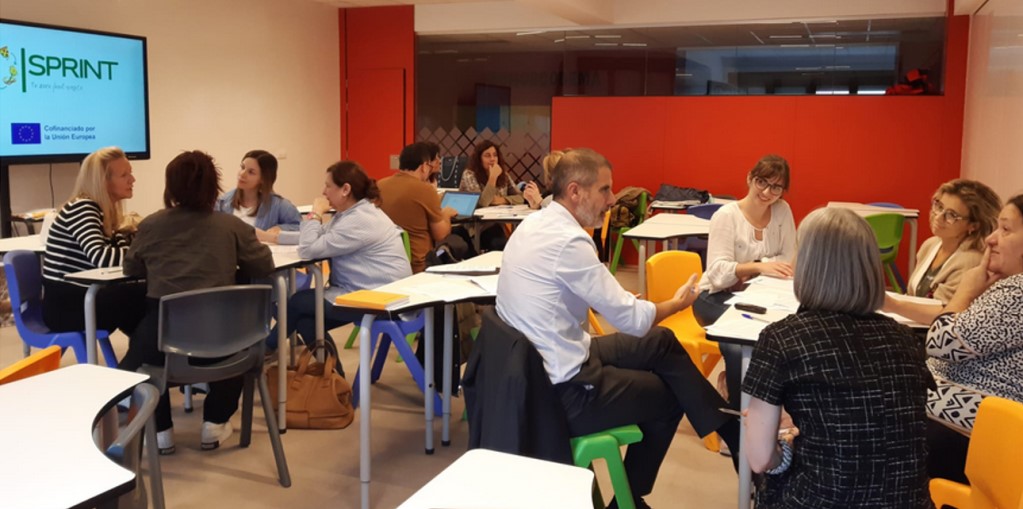
Development of co-creation actions with Catalan families in the framework of the SPRINT project
In November, the European SPRINT project made significant progress in Catalonia through co-creation sessions targeting local families, in collaboration with institutions in the region. These activities focused on identifying the reasons behind household food waste and designing innovative strategies to mitigate it. Participating families shared experiences on factors such as inefficient planning of purchases, lack of knowledge about food conservation and wastage of leftovers, generating a constructive dialogue that allowed analysing consumption habits and differences according to family dynamics.
As a result, practical proposals were outlined, including the promotion of education on food conservation, creative recipes to make use of leftovers and digital tools for shopping management. These initiatives not only reinforce Catalonia's commitment to sustainability, but also encourage a cultural shift towards more conscious and environmentally friendly consumption. The ideas will be evaluated and incorporated into future project interventions, consolidating co-creation as a key resource to address environmental and social challenges.
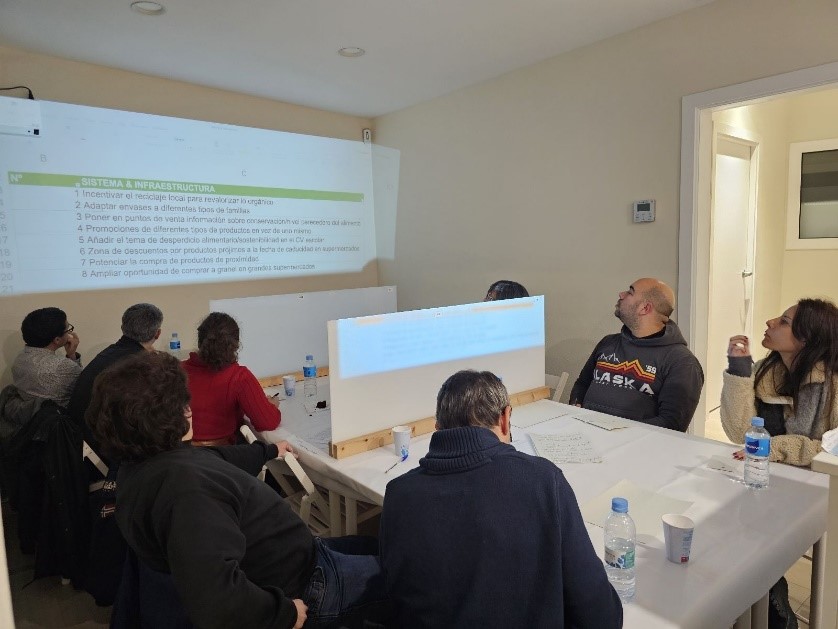
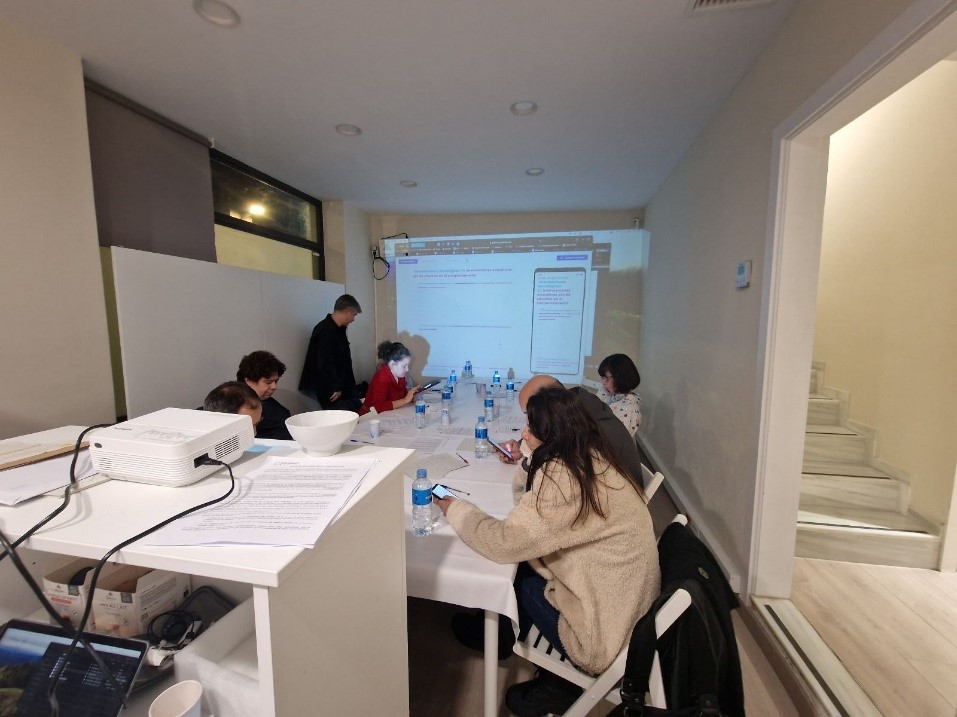
Co-creation of strategies with supermarkets and food chain actors
In November, the supermarket MasyMas, partner of the SPRINT project, led a focus group aimed at co-creating strategies to reduce food waste in supermarkets, providing its facilities and convening key actors of the food chain. The technical coordination was carried out by the Centro de Investigación en Economía y Desarrollo Agroalimentario (CREDA), with the support of Innovasturias in the dynamisation of the activities. This meeting allowed a collaborative analysis of the problems associated with waste and laid the foundations for effective interventions.
Discussions were organised into three key areas: the use of technology to optimise inventories and prevent waste, the improvement of infrastructure and logistics systems to minimise waste throughout the food chain, and educational strategies to raise awareness among employees and consumers, promoting a culture of responsible consumption. The results of this work will be used to design a pilot project that will be implemented in supermarkets in Asturias and Catalonia, evaluating its impact and compiling good practices that can be replicated in other regions, reinforcing SPRINT's commitment to the fight against food waste.
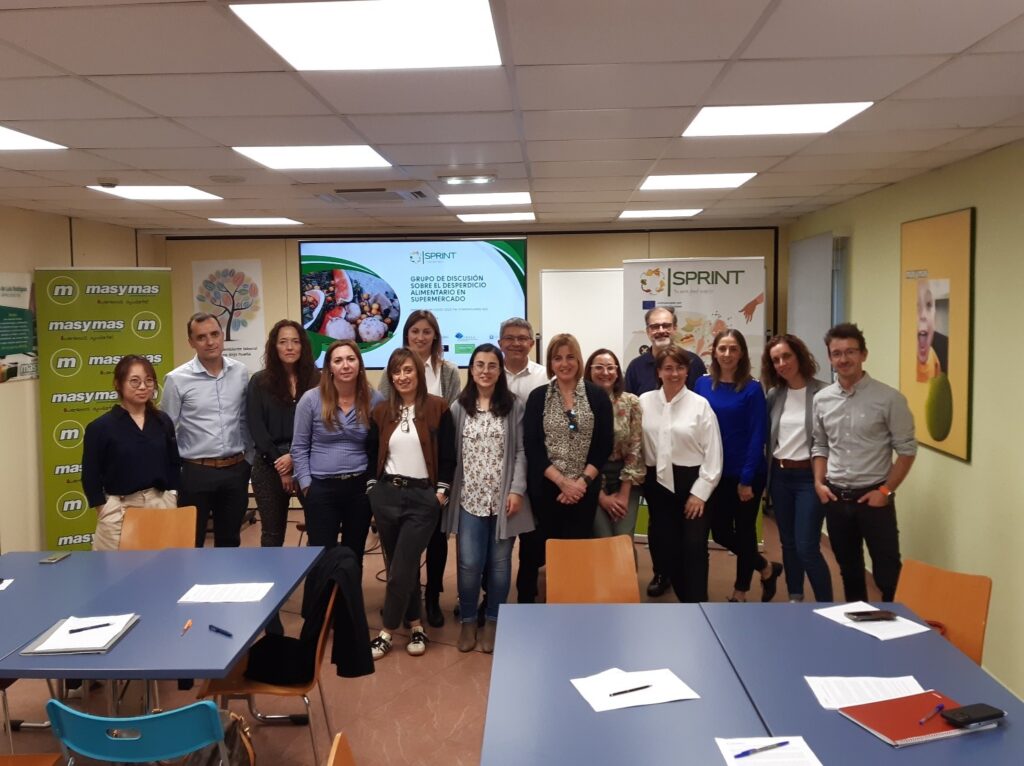
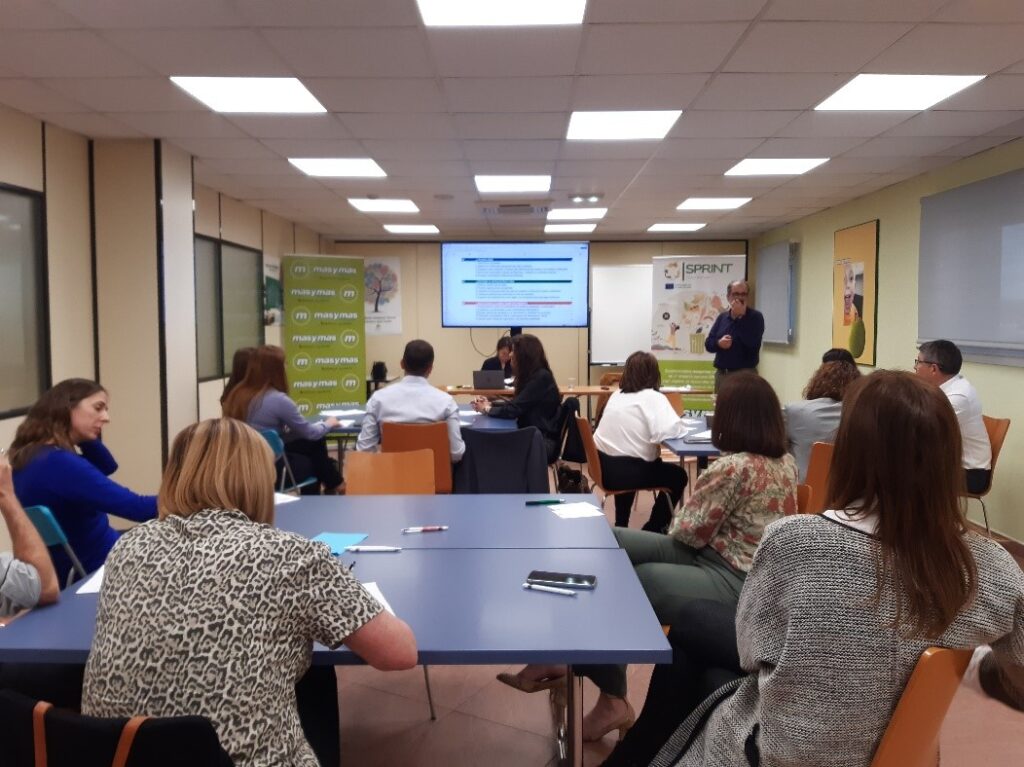
Quantification of food waste in the hotel sector
The European SPRINT project, committed to reducing food waste, focuses its efforts on three key actors: households, supermarkets and hotels. Each of these sectors plays a crucial role in the food chain, making it essential to understand their dynamics and design specific interventions to promote more responsible and sustainable consumption.
As part of these actions and with the support of the ARTIEM hotels project partner, led by CREDA, the quantification of food waste was carried out in the ARTIEM hotel in Villaviciosa and Madrid, an essential step to understand the magnitude of the problem in this sector. This initial analysis made it possible to determine the amount of food wasted in the hotel's daily operations. The data collected will serve as a baseline to evaluate the effectiveness of a pilot strategy specifically designed to reduce food waste. Following the implementation of the strategy, further measurement will be carried out to compare results and determine whether the measures implemented have been successful, thus contributing to the SPRINT project's objectives of promoting a positive environmental and social impact.
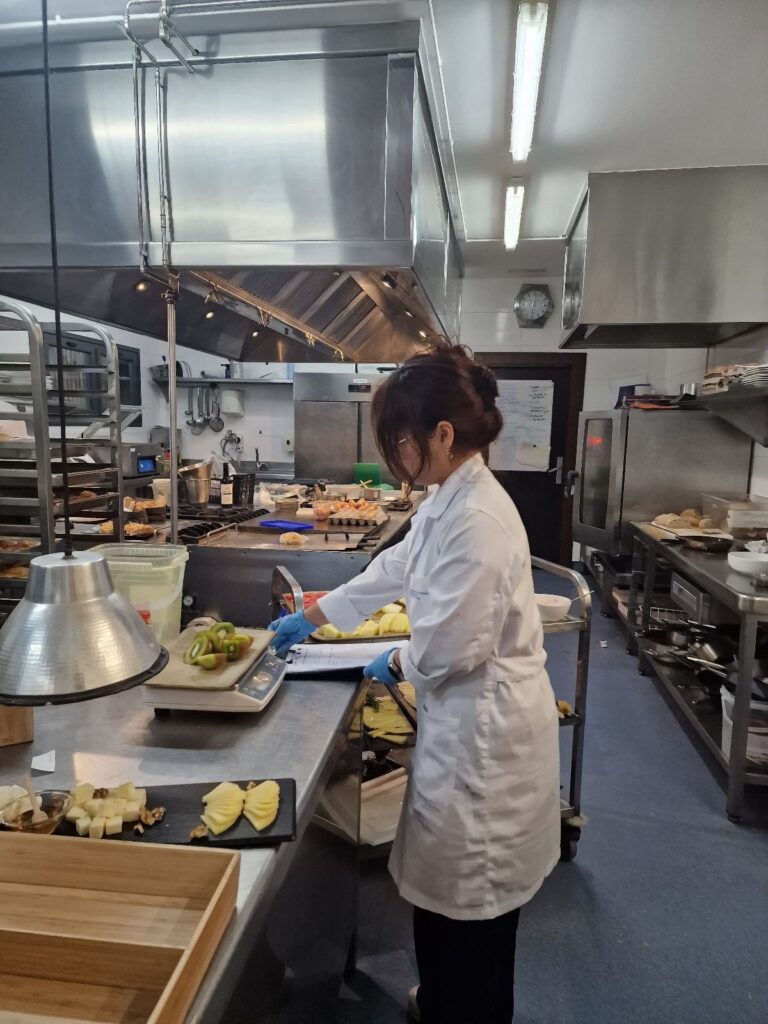
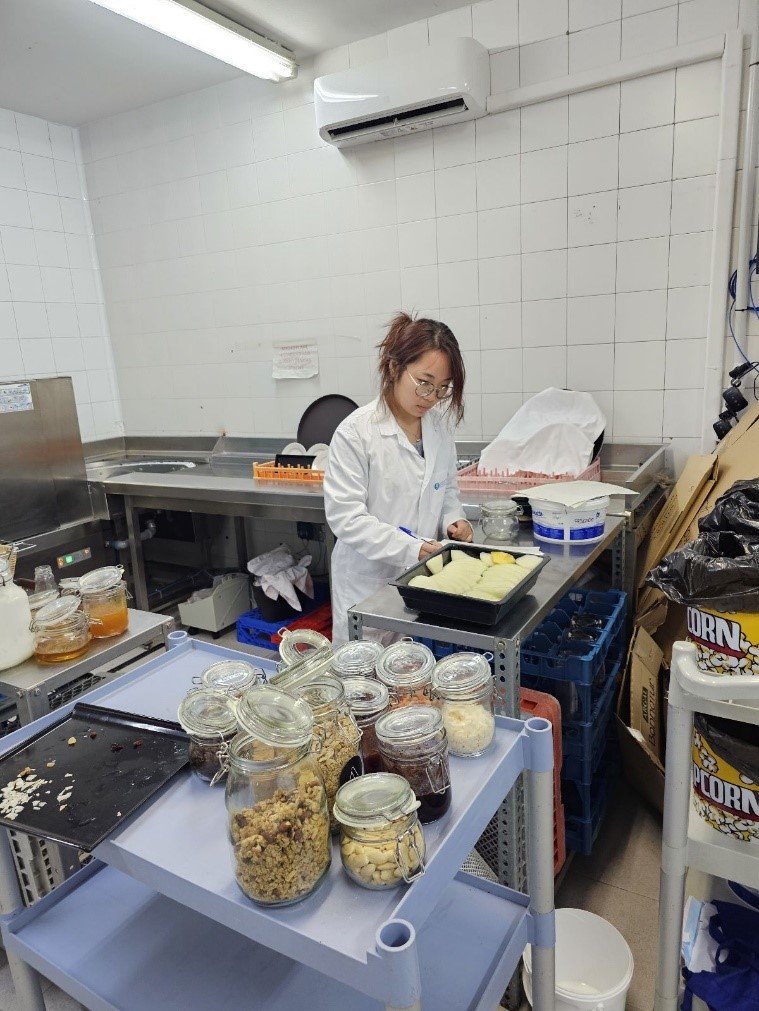
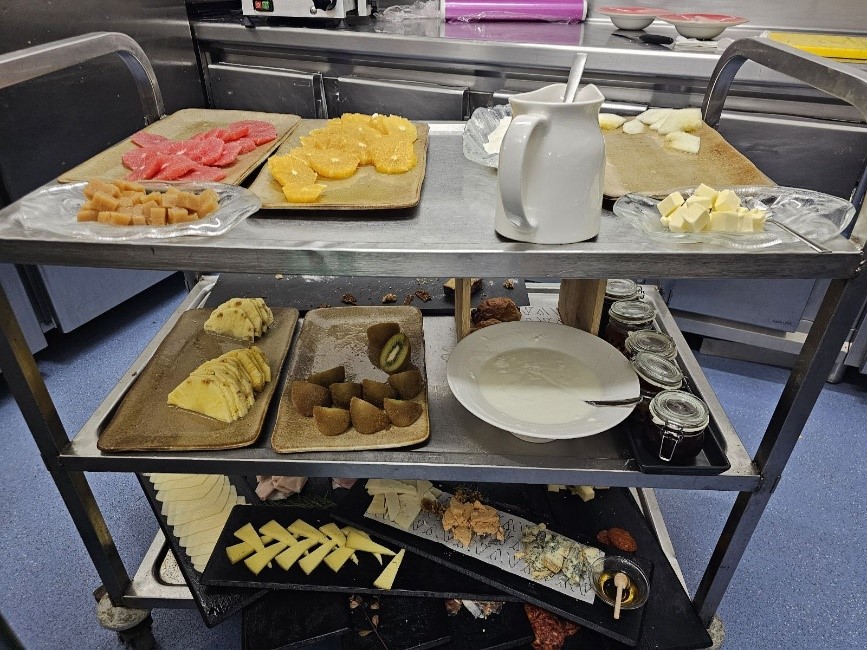
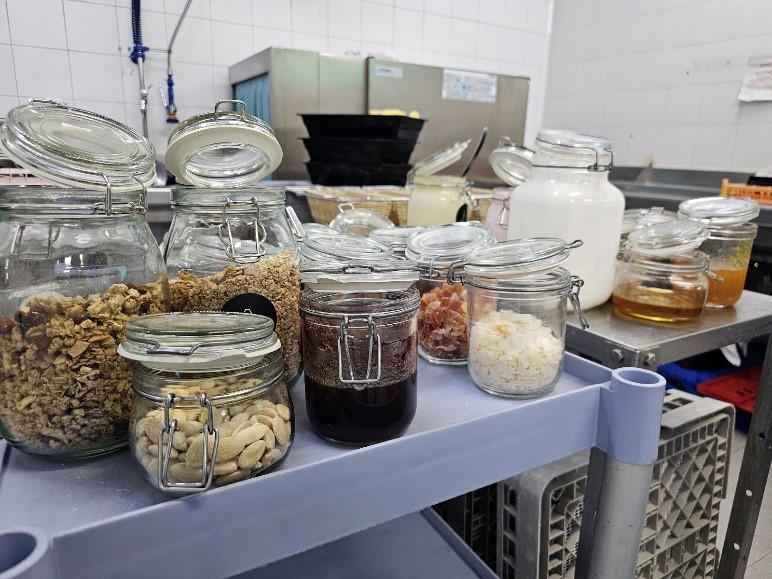
During 2025, the SPRINT project will continue to advance its commitment to reducing food waste through the development of key actions. These will include the implementation of pilot strategies in households, supermarkets and hotels, and their rigorous evaluation to measure their effectiveness. The main objective is to identify viable and adaptable solutions that can transcend the pilot regions of Asturias, Catalonia and Madrid, establishing a replicable model in different geographical areas. With this, SPRINT seeks to contribute significantly to the reduction of food waste at a global level, promoting a sustainable change in consumption habits and food management.




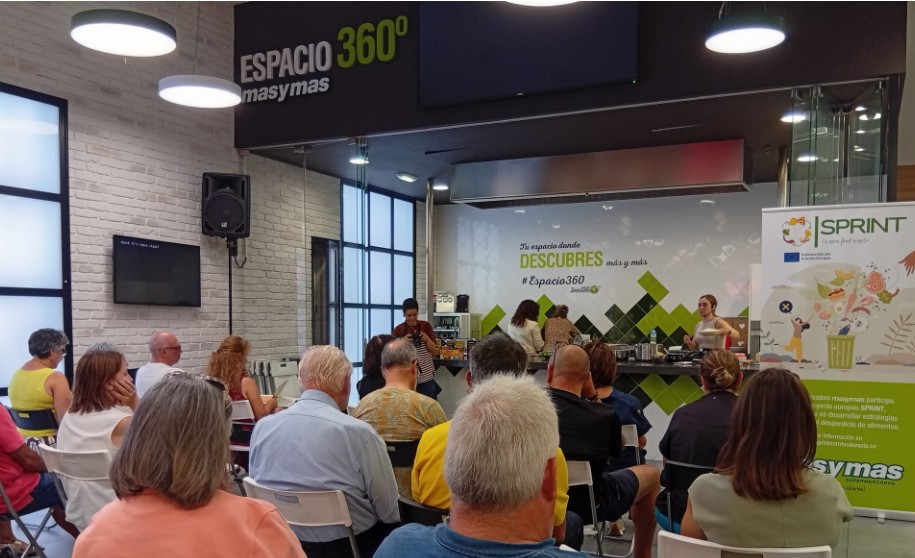

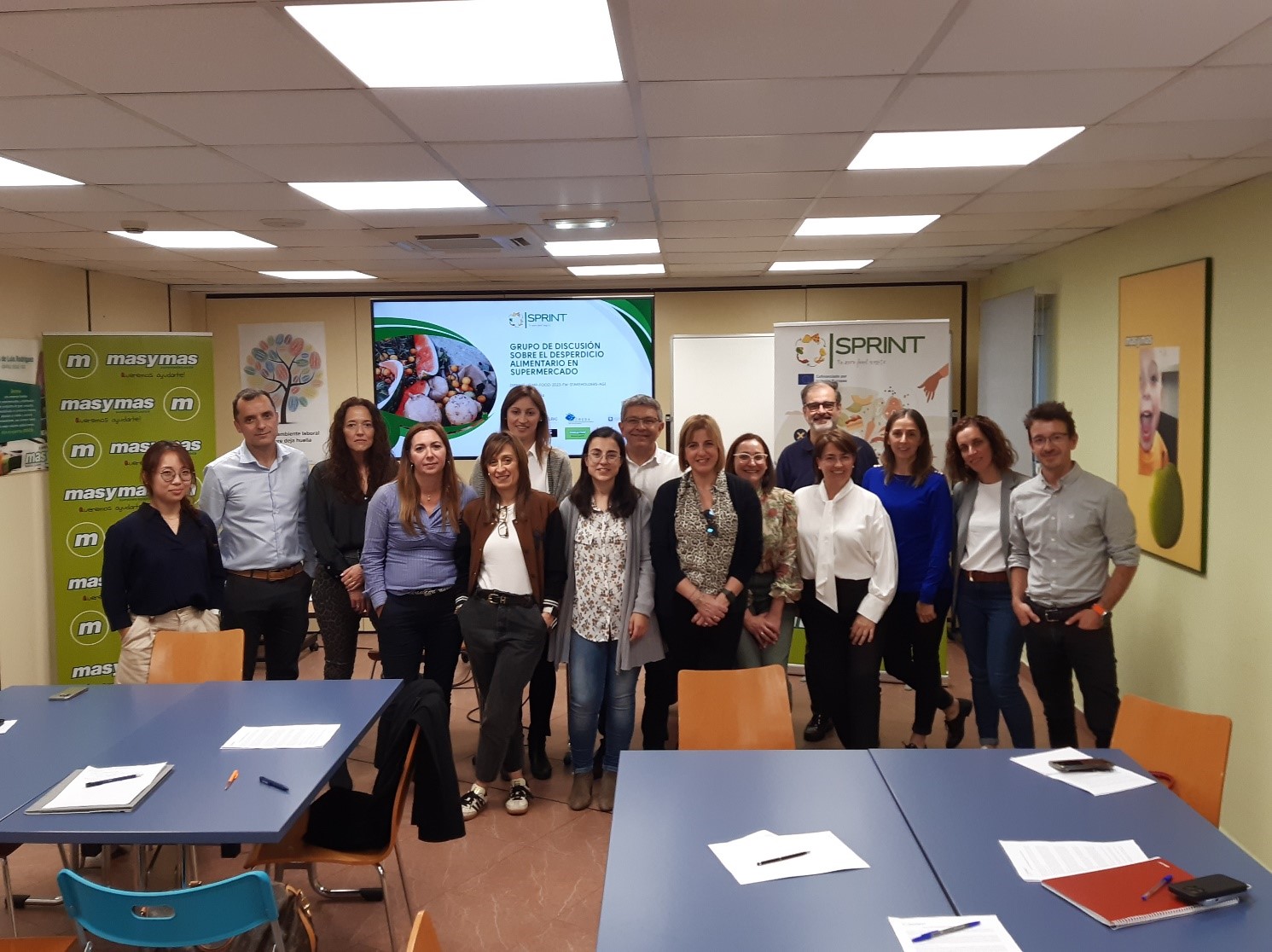
Leave a comment